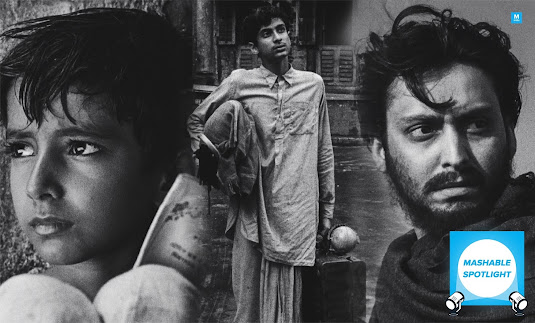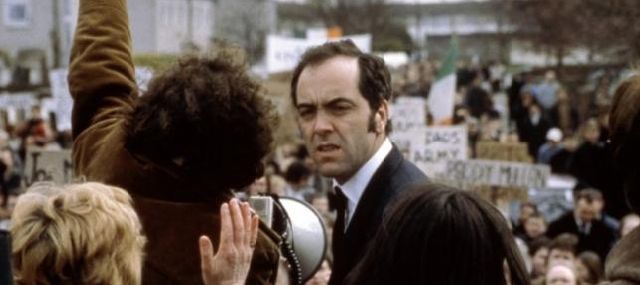My Favorite Films, Plague Edition (Volume 32): Little Children

Little Children (2006) Directed by Todd Field Starring Kate Winslet and Patrick Wilson US director Todd Field (b. 1964) is an enigma. In the early part of this century he made two outstanding films that dissected and probed into the American consciousness, In the Bedroom (2001) and Little Children . Both have vividly written characters that have depth and resonance that lasts well after you have seen the movie. Like the great European directors, he writes his own screenplays, as a true auteur in the mode of Bergman or Lars von Trier. There is a unity of execution in these two movies that portended a brilliant film career, perhaps one to reach the levels of the greats. But then something happened. Field has vanished, with some proposed collaborations with major authors like Cormac McCarthy and Joan Didion never coming to fruition. Very strange, and quite sad, because these two films are superb, perhaps the strongest debut by any US director since Mike Nichols made Who’s Afrai











